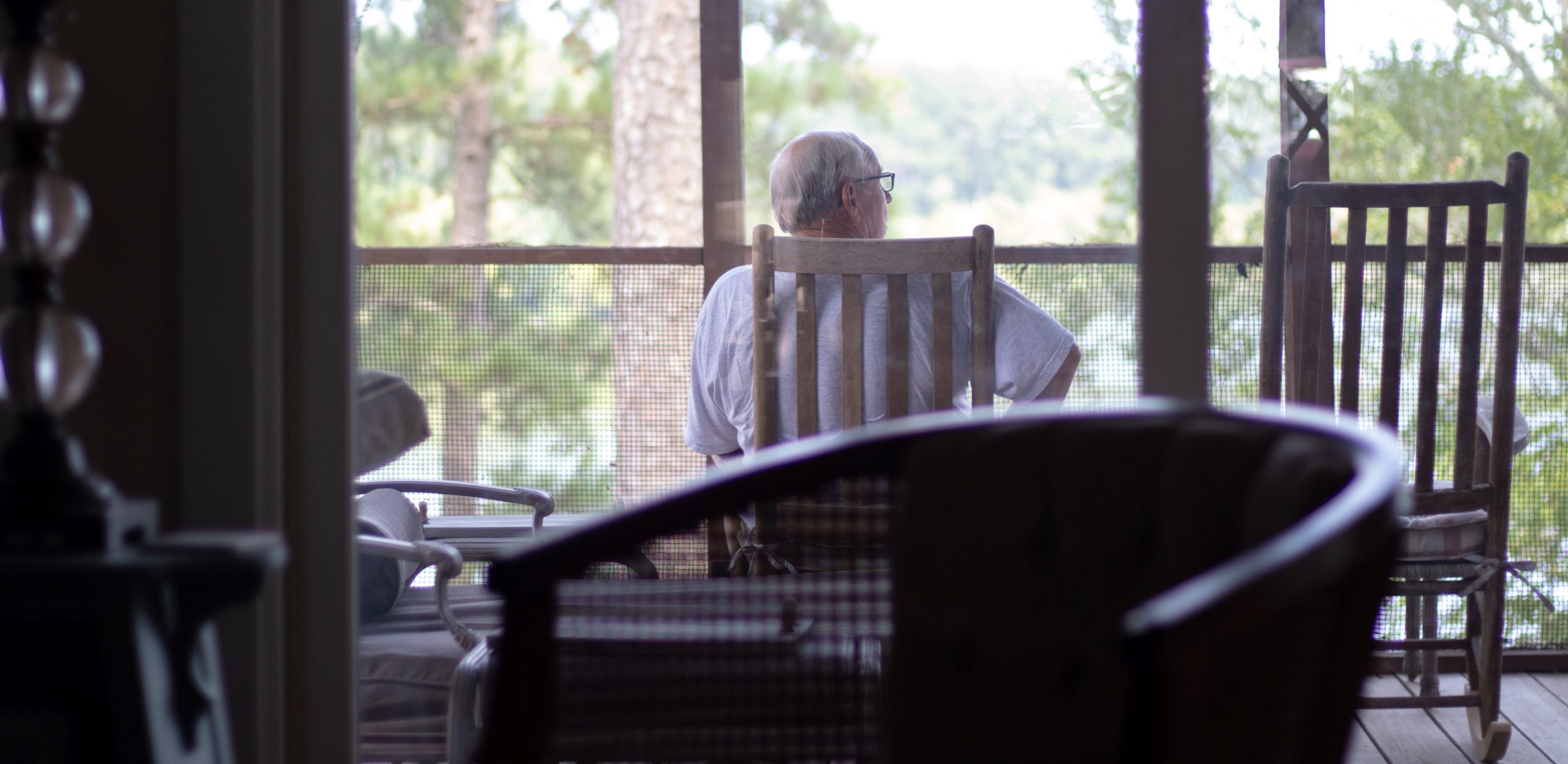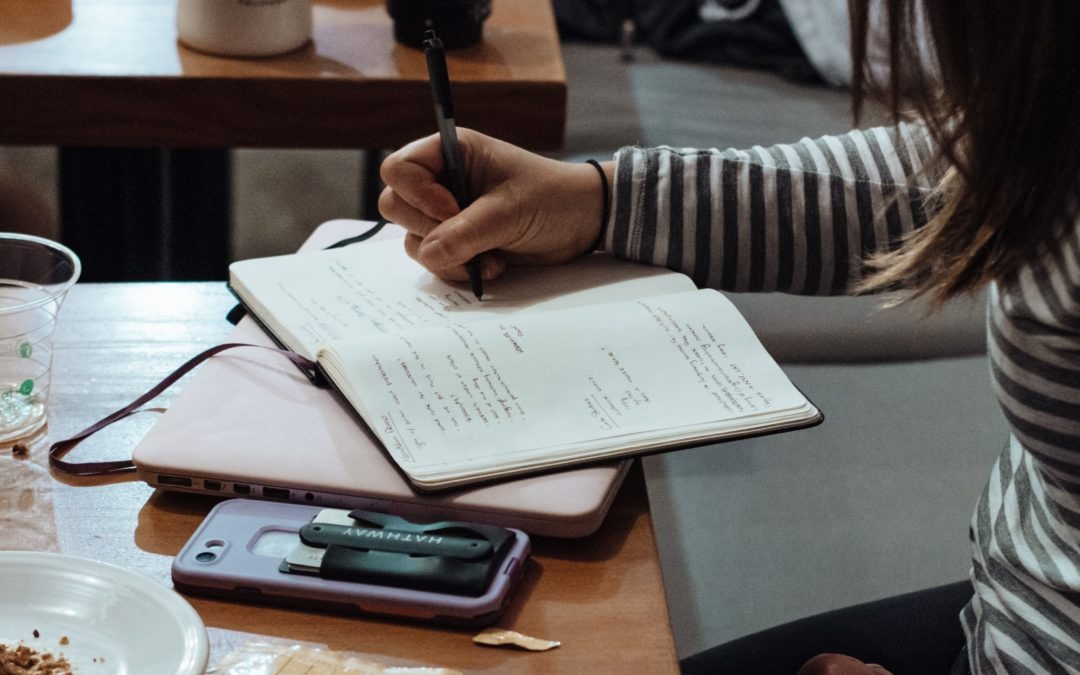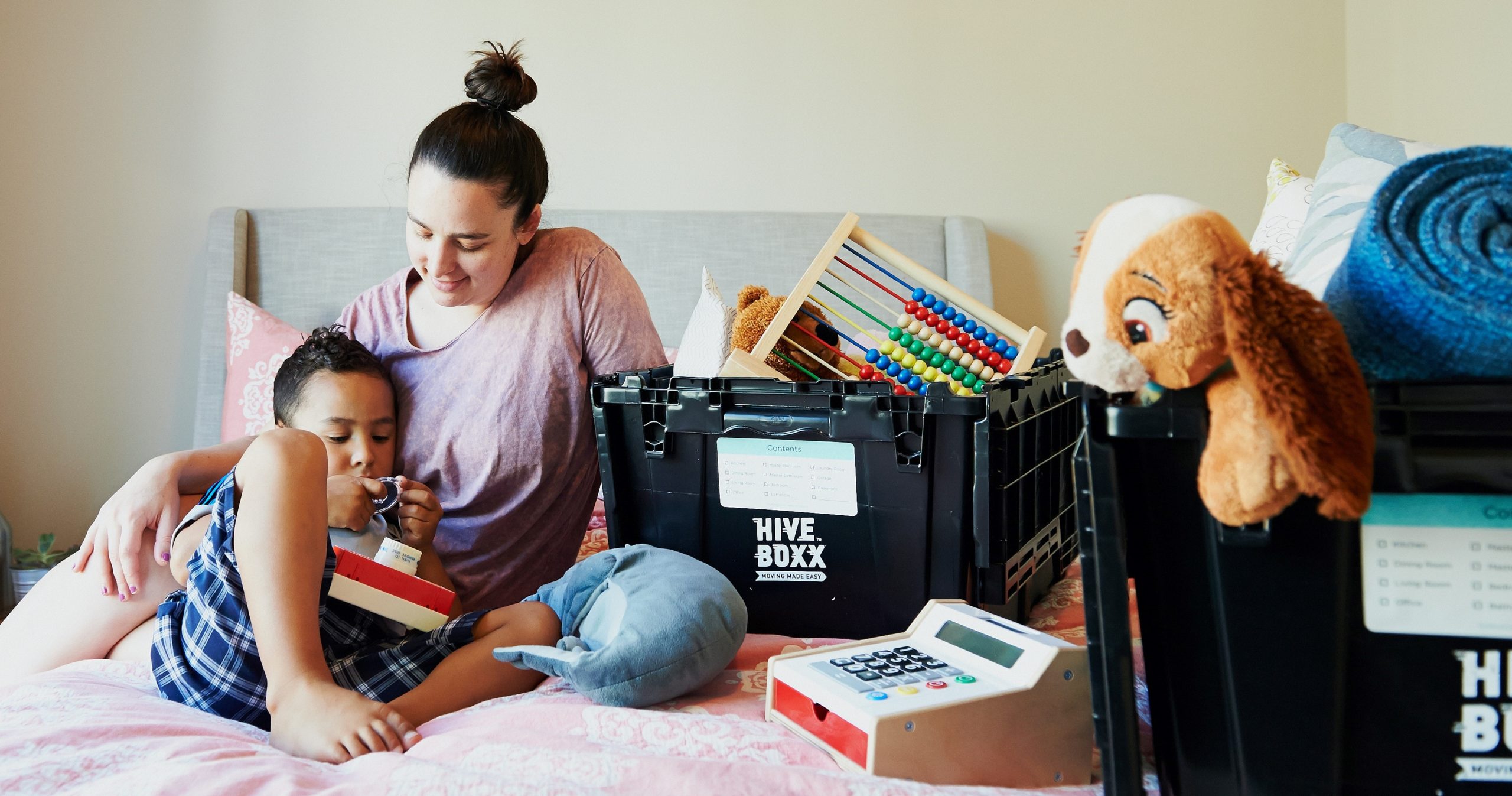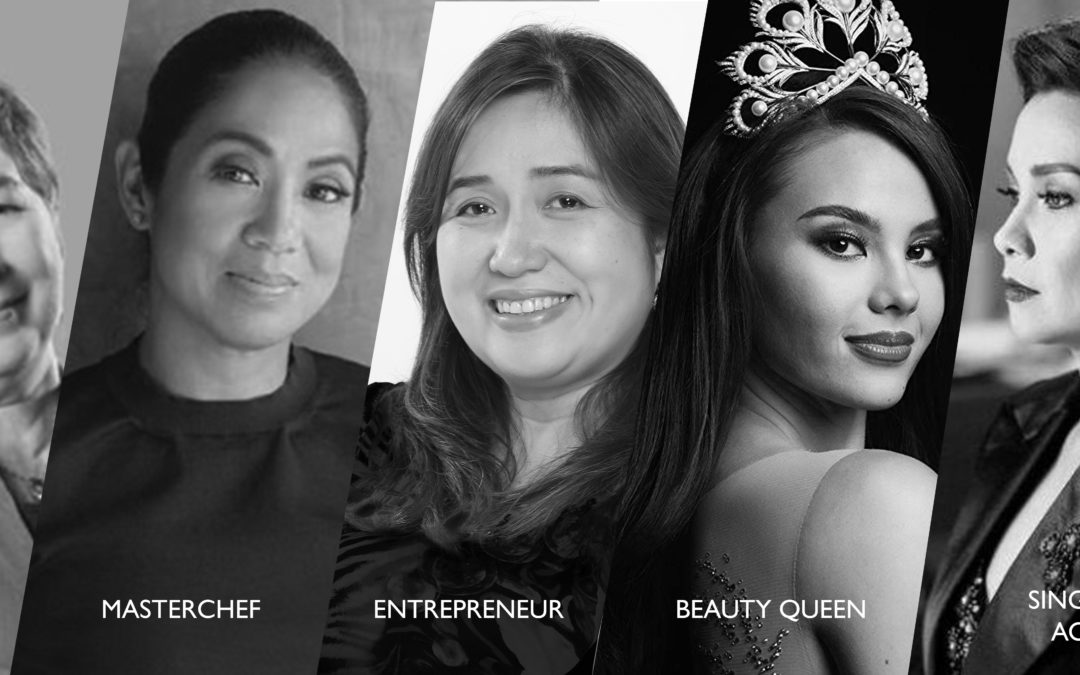
by rossanahead | Mar 9, 2012 | career, children, Education, family, grandparenting, woman
By Jane Santos-Guinto
It was my grandfather Lolo Manny who taught me how to read. He was a journalist for the South China Morning Post, one of Hong Kong’s two largest English newspapers at the time. But on weekends, he would teach me the rudiments of consonant-vowel-consonant blending.
Lolo comes from a family of educators. Both his parents were public school teachers in Agusan del Norte, a province in Southern Philippines. Up until her death in the 1970’s, his mother Lola Victorina was the Dean of the Northern Mindanao Colleges. Dean Francisco Benitez of the University of the Philippines and Sen. Helena Benitez of the Philippine Normal University are distant relatives.
Lolo taught himself how to read when he was barely four in 1938. By eight, he had already read Shakespeare’s entire collection, all volumes of the Encyclopedia for Children, and the Bible. World War II had broken out and children could not go to school, so Lolo Manny took care of his own education. “There was nothing else to do but read,” he would tell us his grandchildren later.
Ironically, Lolo never completed his formal education. He had married quite young, at 20, and when one child came after the next, there really was no time to study. But because he was exceptionally bright, having been a consistent honor student and later a top-scorer in the Civil Service Exam, he went on to have a career that many would consider stellar.
For a while, he taught in a public school like his parents. But when there were too many mouths to feed out of a teacher’s pay, he went to Manila and tried his luck in his real passion—writing. He wrote for the Times Journal with some of the country’s most noteworthy newsmen. At times, it still amazes me to find out whom he had worked with. In 1967, he became the first Filipino journalist to be sent by a local newspaper to Cardiff, England for a certificate course in journalism. For a time, he was one of the writers of Sen. Benigno Aquino Jr., one of the country’s most prominent heroes.
During Martial Law in the 1970’s with eight children, Lolo grabbed the opportunity to work in Hong Kong. This is where he mastered his craft for 20 years or so. And where he would tutor us his first few grandchildren in a tiny tenth floor apartment (or flat as the British-influenced Hong Kong Chinese would call it).
I don’t know if it was out of fear that I learned to read so quickly under my Lolo’s watch. After all, he had a feisty temper, one that I had witnessed on many occasions when I was young. By five, I was writing my own stories. He would bring me to company outings and introduce me to his journalist friends. Having always been on the petite side, I would stretch out my little hand to greet his British colleagues. One time, Lolo said I told them a made-up story, The Monkey and His Briefs.
In the late 1980’s, Lolo went back to the Philippines and became the editor in chief of The Manila Times. After retirement from full-time journalism, Lolo wrote chess columns for the Philippine Star and self-published a weekly chess newsletter for the players of the Quezon City Memorial Circle’s Chess Plaza. These days, he prefers to watch cable movies and exchange jokes with his great grandchild. He has survived three heart attacks and professes he has “no desire for anything else from life.”
Sometimes I wish I were a more diligent pupil; that I followed his advice to read, read, and read more. My knowledge of geography and world affairs is so poor that I squirm every time my 77-year-old Lolo asks his pop-up trivia questions. I salute the University of the Philippines for a great education, but I still feel inept in many areas. There are so many things I wish I knew more about.
I just hope that my own children would have a trickle of Lolo’s brilliance in their blood and pray every day that they would come soon enough to meet my first teacher and greatest mentor, their great grandfather Lolo Manuel O. Benitez, Sr.
Photo by Ian Noble on Unsplash

by rossanahead | Mar 9, 2012 | career, children, Education, family, Mari-an Santos, parenting, woman
By Mari-An C. Santos
Our family is not wealthy. My father is the eldest son among eight of a welder and a housewife who worked part time. Growing up, he worked many odd jobs, mostly selling odds and ends, waiting outside a different church every day, depending on whose Novena day it was, e.g. Quiapo, Baclaran, etc. My mother is the daughter of a district school
supervisor and public school principal in Mindanao. They would scrimp and save every last centavo until the next teachers’ salary came from the government, literally making ends meet for five children.
But both my parents value education. My father was a working student all his life and so, it was no wonder that he went into economics. My mother took up nursing at the advice of her grandparents and came to Manila to work. Later, they were both employed by a top multinational corporation, where they met.
My parents worked hard to send me and my sister to a school that they deemed would teach us not only the basic R’s, but also impart positive values that they too shared. We did not always have enough money to “keep up with the Joneses” at the school, but we did manage to have all the basic school supplies and participate in most relevant school activities like field trips and class projects. As a child, I did not fully appreciate why I could not afford to buy a Trapper Keeper or the latest pair of Keds or Reeboks.
It is in hindsight, of course, that everything makes sense. My father was very strict about maintaining good grades all through my grade school and high school years. He forbade watching TV on weekday nights—even going as far as locking up the TV case so that the time was devoted only to studying. When the time came after every quarter of the school year to claim the school cards, I trembled before seeing my grades. If I had a low grade or a lower grade than the previous quarter, my father would sit down with me and find out exactly what went wrong. He was tough, as most Filipino parents are, and put a great emphasis on high grades.
In grade school, I lived up to my potential and was part of what was called the “interdisciplinary classes” from fourth until sixth grade. In our school, we took an exam at the sixth grade to find out if we could go on to high school or stay one more year in grade school. I passed the exam.
In high school, I was placed in the “honors class” where we had to excel in the academic subjects. I dreaded the end of the schoolyear, as inevitably, some of our classmates were transferred to other classes. Thankfully, I graduated as part of the same class, and among the top of my batch.
In college, even though I lived near the university and enjoyed greater freedom, I found that I took with me the drive to excel in my studies. I was a college scholar every semester and I graduated cum laude. I was so proud to have my
parents on stage to award me on graduation day. It was, after all, due to their efforts that I received such an achievement.
Even when I was working, the drive that my parents instilled in me to excel was very strong. I made the most of every opportunity to learn and to be the best that I could be—whether it was as a production assistant or as a segment producer or as a scriptwriter.
When I began to pursue higher education, it was of my own initiative, not at the prodding of anyone else. I felt that I wanted to learn more and more every day. Although I had to abandon what I started when I moved from the capital city, I found more and other ways to learn from new experiences and new people I met in new places.
Now, that I am pursuing a degree with a scholarship, I value much more the good basic foundation that I have—thanks to my parents’ efforts and the education that they helped me achieve. Without such good foundation and records, how would I get a scholarship that would enrich me and fund my day-to-day expenses? That is why I strongly believe that good education is of primary importance in every person’s life, whether we can see it at present or not. The adage is true: a good education is something that can never be taken away from us.
Photo by Alex Samuels on Unsplash

by rossanahead | Mar 9, 2012 | children, Education, family, parenting, Ruth M. Floresca
By Ruth Manimtim-Floresca
One of the many things I thank my parents for is making sure my siblings and I finish college. Like my Nanay and Tatay, I believe that having a good education is a big factor in a person’s future. That is why my husband and I also dream to see our sons get good jobs or put up a thriving business someday so they can, in turn, be able to raise their families well.
Having knowledge about many things can help a person make good choices because decisions should be made after all angles are considered. This is not always possible if one has limited information. Sure, we don’t, and won’t, learn everything in school. But going through a structured educational system at least guarantees you won’t miss out as much compared to those who didn’t go to school at all, or stopped going to school earlier than they should.
Among the various advocacies I support, I particularly have a soft spot for children’s education. Hubby and I sponsor a child each through World Vision because we’ve seen how our donations, no matter how small, are making an impact in the lives of two children, their families, and their communities.
I am optimistic that if only every Filipino child, the leaders of the future, could have a good education, our country would have a brighter tomorrow. Of course, included there should be good values that will also give them the heart and compassion to help others, not just themselves, when the right time comes.
This March and April, three of my sons are graduating from elementary, high school, and college. I feel this sense of joy and accomplishment for getting them through this far. I know, we still have a long way to go but the foundation is already there. And I will continue supporting my kids as much as I can in reaching their full potentials by making sure they all finish school and improve their chances of having the good lives every parent dreams of for their children.
Photo by HiveBoxx on Unsplash

by rossanahead | Mar 8, 2012 | career, children, Education, family, parenting, Rossana Llenado, woman
By Rossana L. Llenado
Today is very special as we celebrate International Women’s Month and the first year anniversary of Smart Super Women.
We started S, as we fondly call it, to serve as a forum for smart super ladies to inspire other equally bright and busy women.
We asked people we admire to share with us their stories.
We asked leaders to share with us the secret of their success. We asked them to trace their roots, to speak to us about their vision, and to share with us their triumphs and tribulations.
We asked parents to share with us how they raise their children. We asked them how they became so strong as they dealt with the challenges of modern parenting. Does your being strong benefit your children? Do you want your daughter to be as strong as you are? These are the questions that we asked of them, the answers of which they gladly gave us.
We asked single successful career women to share with us the choices that they had to make. We asked them to tell us about the joys of freedom and independence and about how they sometimes had to conquer the specter of loneliness.
We asked everybody to share with us the events of their daily lives. What gives them joy? What matters to them, what concerns them, what jolts them into feeling?
By asking these questions, these leaders, parents, and women showed off the brilliance that is their education. Indeed, in one story after another, we saw how a good education proved to be the final touch that spurred a person to excellence and achievement.
This we did for the last 365 days. They wrote. We posted. We shared.
Each essay is a celebration of one woman and of all women.
We hope to bring more inspiring essays in the coming years. And we invite all of you to share your story, so that there will be more Smart Super Women out there.

by rossanahead | Mar 8, 2012 | career, Education, Lyra Pore, woman
By Lyra P. Villafana
I used to edit a two-volume publication on legal costs. Referred to by practising lawyers in Australia, it was one of the most difficult to understand among all the products in my department’s list.
The first time I spoke to the author, she asked: “Are you legally qualified?”
“No,” I said. “I have a bachelor degree in Communication and my background is publishing, not law.”
“I can’t imagine how you can edit this kind of publication.”
Notwithstanding my lack of formal legal education, I forged a productive relationship with the author. I gave her all the support she needed to be able to perform well as an author. In return, she delivered her manuscript on time, picked up the phone and talked to subscribers when I asked her to, and helped me with my product research. The question about the law degree never came up again.
All these years that I’ve worked in legal publishing in Australia, my education in the Philippines has served me in good stead. My training at the Ateneo de Manila University Graduate School of Business has helped me develop commercial acumen, a skill that is becoming valuable among editors these days.
Editors are not just wordsmiths anymore. Rather, we are the commercial owners responsible for the profit and loss of our publications. Even when I was editor-in-chief of Entrepreneur magazine in Manila, I looked at the title in terms of market wants and needs. I managed the editorial process so we could go to press on time—the earlier we could supply the magazine to distributors, the more money we would make on newsstand sales.
I’ve reaped dividends too from my UP Communication degree.
The ability to read and analyze difficult text? My grasp of grammar and punctuation? The confidence to believe that I can learn and engage in meaningful discourse? UP nurtured me in all of these.
There are many other overseas Filipinos like me who have established themselves in their chosen careers. Nurses. Engineers. Accountants. IT professionals. The two things we all have in common: the fortitude to finish our studies and the tenacity to get every job done.
Photo by Daniel Chekalov on Unsplash





